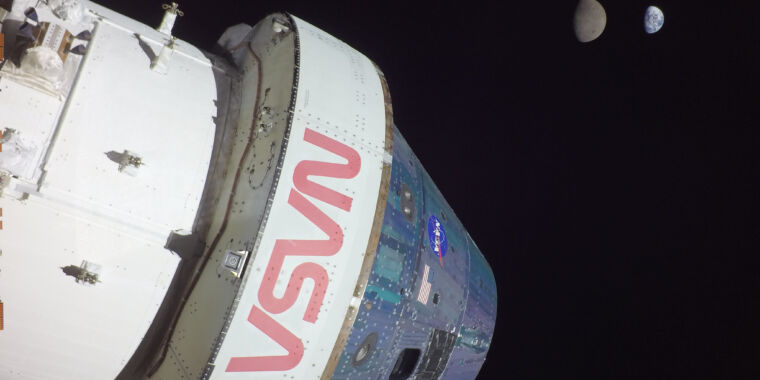- cross-posted to:
- spaceflight
- cross-posted to:
- spaceflight
cross-posted from: https://lemmy.world/post/14947835
After concurring with each of the six recommendations in the inspector general’s report, Koerner made the following comment:
“NASA is dedicated to continuous enhancement of our processes and procedures to ensure safety and address potential risks and deficiencies,” she wrote. “However, the redundancy in the above recommendations does not help to ensure whether NASA’s programs are organized, managed, and implemented economically, effectively, and efficiently.”
A careful reading of the second sentence reveals that Koerner feels that the inspector general’s efforts are both redundant and unhelpful. This is not accidental language. Koerner’s response was certainly reviewed by NASA’s senior managers, who could have flagged and removed the text. And yet they went through with it.



This article feels incomplete. The last paragraph feels like it was building to somewhere, then abruptly ends. The last sentence feels especially odd.
This also starts out feeling like an ordinary news article but ends more like an opinion piece. It feels like they were starting to build to something, make a suggestion about transparency maybe, but never quite went that far. I think if you want to write an editorial (and this was written by an editor) that’s your prerogative as a publication, but if you’re going to do it than actually put an opinion out there. I’m almost wondering if they started to realize writing that NASA is not being as open and accommodating to the press as they would like would probably not do anything to encourage NASA to be more open and accommodating to their publication, but didn’t want to give up on the article.
I think it’s an interesting observation they’ve made, but it seems like they realized they have to be careful how they cover it and I don’t think they quite found the right balance on it. It’s an unusual misstep from a publication I usually feel does an excellent job on classic print journalism.